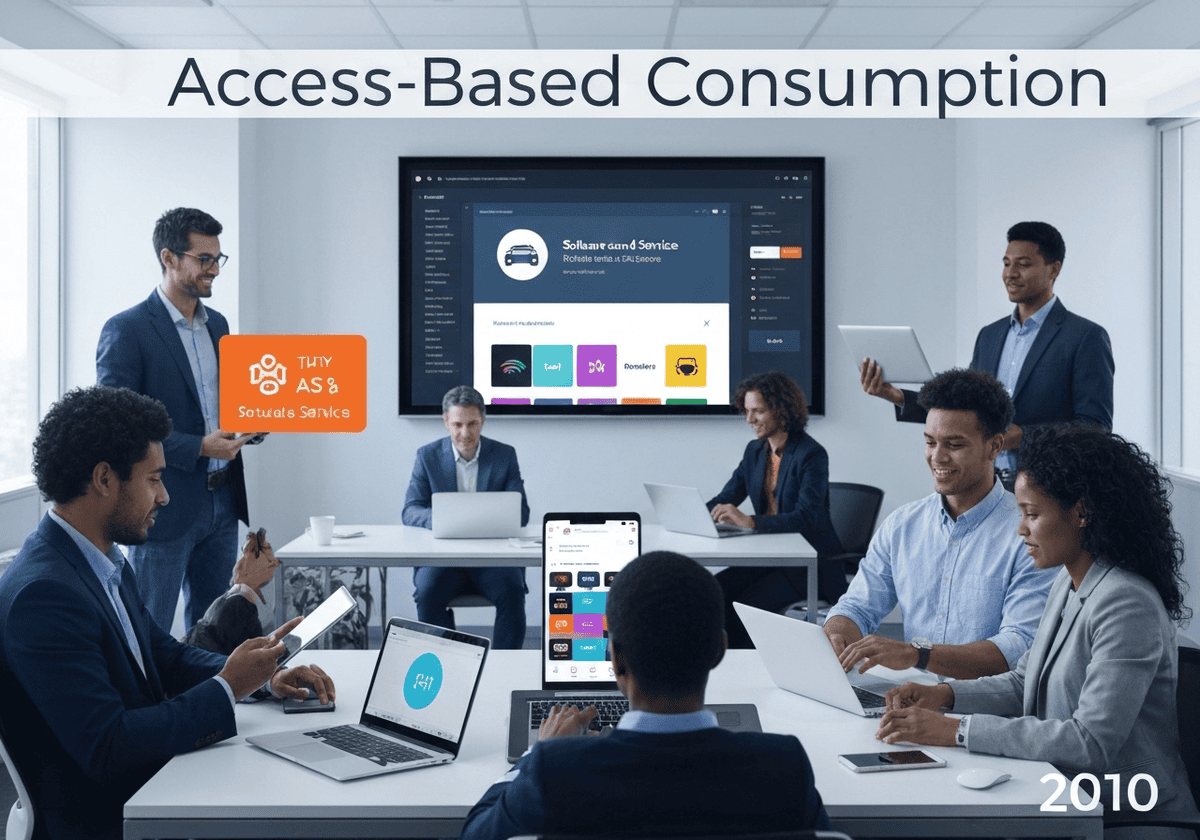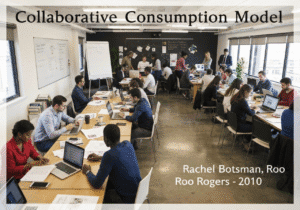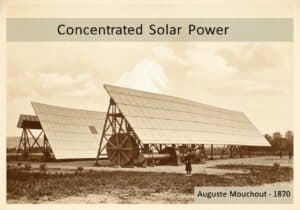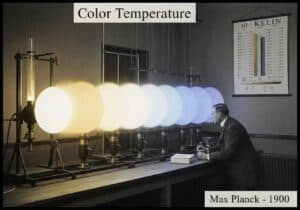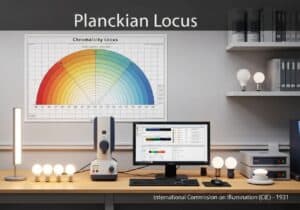Access-based consumption is a market-mediated transaction where no transfer of ownership takes place. Consumers pay for temporary access to a good or service, prioritizing the experience and utility over possession. This model is a cornerstone of the sharing economy, decoupling the benefits of consumption from the burdens of ownership, such as cost, maintenance, and storage.

